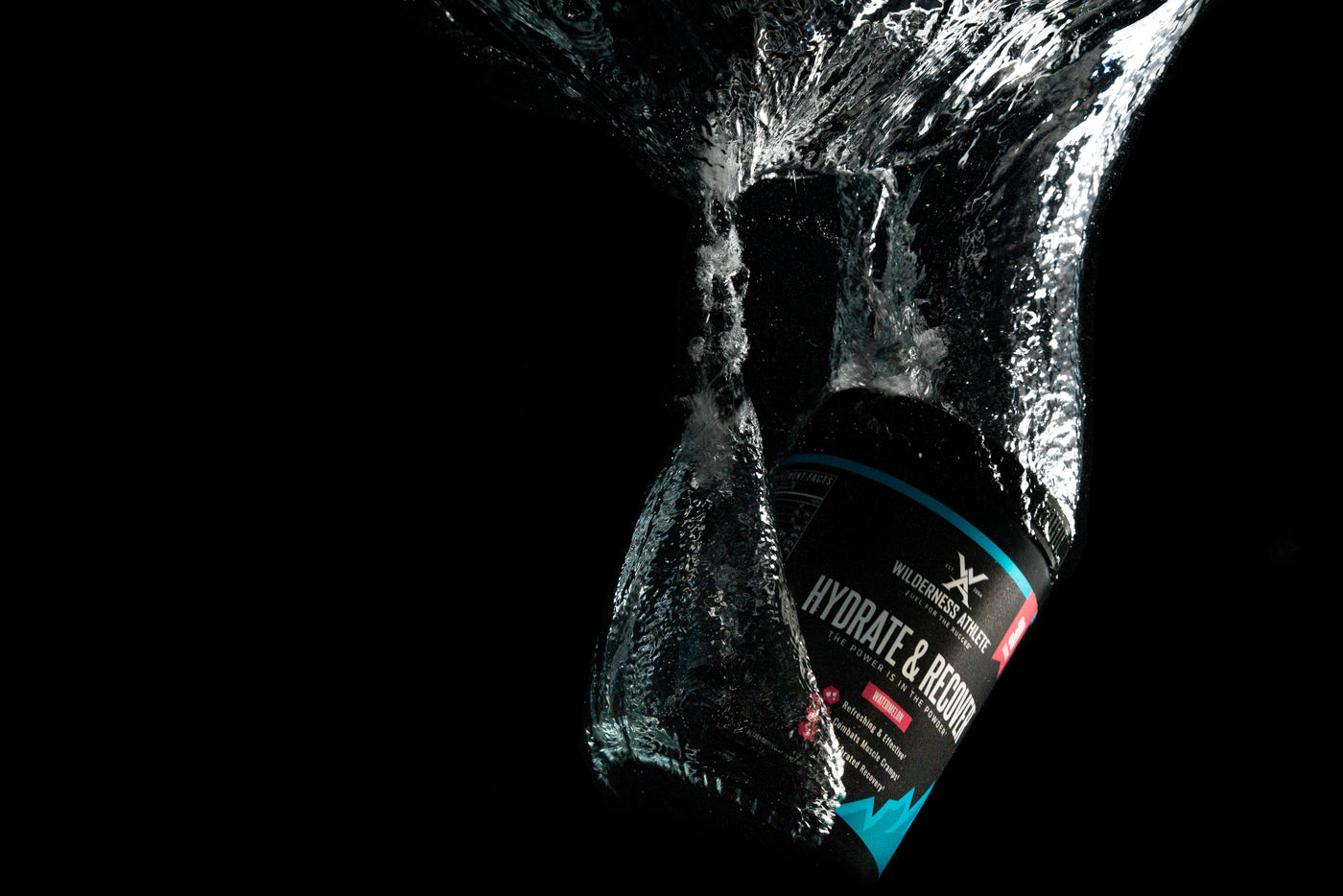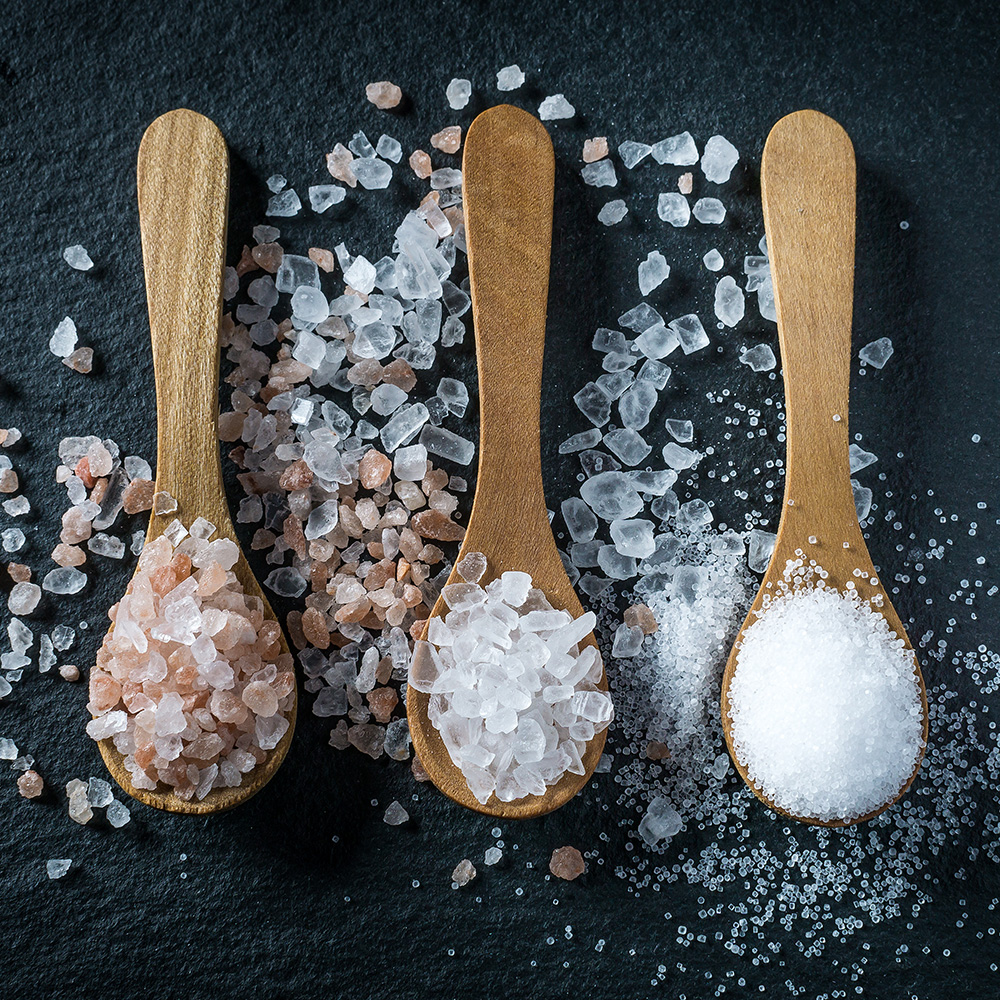Your Cart is Empty

I hope you’ve seen the mindless and ridiculously entertaining movie Idiocracy for no other reason than to make my point that electrolytes, while very important, are not what plants crave. Okay…the dystopian idea that Brawndo has what plants crave wasn’t complete BS – they do in fact require the ions present in electrolytes.
The focus of this article, however, is not to concern ourselves with the needs of plants, but instead the significant and pivotal role electrolytes play in human health and performance.
In general, an electrolyte is defined as “a nonmetallic electric conductor in which current is carried by the movement of ions.” Put more simply, electrolytes are minerals and other substances that carry either a positive or negative charge when dissolved in water. You will find these substances throughout your body and are most present in your blood, fluid between all cells, sweat, and urine.
Some of the most important electrolytes to our health are:
Na -SODIUM
Mg - MAGNESIUM
K - POTASSIUM
P -PHOSPHORUS
Cl - CHLORIDE
For all humans, electrolytes serve the imperative function of regulating fluid balance, maintaining proper pH (acid/alkaline balance), promoting nerve and muscle function, supporting heart and vascular health, improving bone strength, and maintaining brain health. For the subsets of people who wear the badge of Wilderness and Working Athletes, the role of electrolytes goes even further.

Luckily, our bodies closely regulate electrolyte levels in the blood to avoid symptoms of deficiency or overabundance. This balance, however, becomes very difficult to maintain when you’re mile after mile chasing elk in September, repairing power lines on a mid-August afternoon, bowhunting at 10,000 ft elevation, or working a 10 hour shift under the sun. When we lose fluid, we lose electrolytes as well. Dehydration, excessive sweating, diarrhea or vomiting, and a poor diet are all conditions that can lead to an electrolyte imbalance.
Dehydration, or a specific electrolyte imbalance, does not always come with sweat rings on your hat or beads of salty moisture pouring down your face. Symptoms are obviously based on the severity of dehydration, but almost always, any level of dehydration or electrolyte imbalance will result in diminished physical and mental performance.
While a mild imbalance may not cause any symptoms, severe cases have the potential for serious side effects and in some cases death. Remember, at a core level electrolytes are the substances responsible for conducting nerve impulses, contracting muscles, maintaining bodily hydration and regulating your body’s pH levels.
Some common symptoms of an imbalance may include:
|
|

At Wilderness Athlete we don’t want you to just get outside, we want you to thrive while you’re out there. At Working Athlete, we don’t just want to help you get the job done, we want you to crush the job with energy and good health to go home to your family when it’s done. We tend to look at hydration not just as a means of survival and performing at the status quo, but as an opportunity to ignite our optimal physical and mental capacity on the mountain, on the job site, and at home.
Dehydration at as little as 2% of body weight will diminish physical exercise performance. Losses of water, and electrolytes, in excess of 5% of body weight can decrease the capacity for output by roughly 30%. Your capacity for high-intensity exercises such as a CrossFit workout, a heavy and steep pack out up a mountain, or anything resulting in exhaustion within a few minutes, is reduced by as much as 45% with a corresponding dehydration loss of only 2.5% of body weight¹. As you can see there’s a very tangible connection between your performance potential and your electrolyte balance.
The importance of maintaining adequate electrolytes in our system impacts our recovery as well. Simply put, we can only perform as well as we recover. Intense training or a strenuous and physical day on the job both take a toll on our muscles, connective tissues, and critical fluid levels.
While a well-rounded diet of nutritious foods is imperative to take in the necessary electrolytes our bodies require to operate, it’s not always the most expeditious or practical source of electrolytes when round two of your workout or Tuesday of the workweek are just around the corner. That’s when a healthy electrolyte supplement like Hydrate & Recover comes into the spotlight.

Hydrate & Recover, unlike many other electrolyte drinks on the market, delivers an optimal ratio of the right electrolytes to help you recover rapidly both physically and mentally. It’s not uncommon for your standard store bought electrolyte drink to include insufficient amounts of only one, MAYBE two, electrolytes.
Hydrate & Recover not only includes ideal amounts of sodium, potassium, and magnesium, but it does so with including only 5g of sugar which pales in comparison to the sugar laden and nutritionally hollow drinks at your convenience store.
A drink like this is second to none when you need to recover quickly, dig yourself out of a dehydrated state, or need to keep performing at a high level with a lot of fluid loss and strenuous exercise ahead. However, without a solid foundational diet, even Hydrate & Recover won’t help you reach your full potential.
Of course depending on your specific dietary preferences and sensitivities, some of these foods might not work for you. Hopefully this gives you ideas of some nutritious and electrolyte rich foods to incorporate into your diet if you don’t already.
Cottage cheese, table salt (himalayan pink salt is a great option), pickles, olives.

Yogurt, kefir, raw milk, cheese, canned sardines, leafy greens, almonds.

Meat, fish, poultry, dairy, nuts, seeds, legumes.

Nuts, seeds, dark chocolate, avocados, whole grains, beans.

Bananas, potatoes, spinach, lentils, beans, beets, dried fruit.

Table salt, seaweed, tomatoes, celery, olives.
